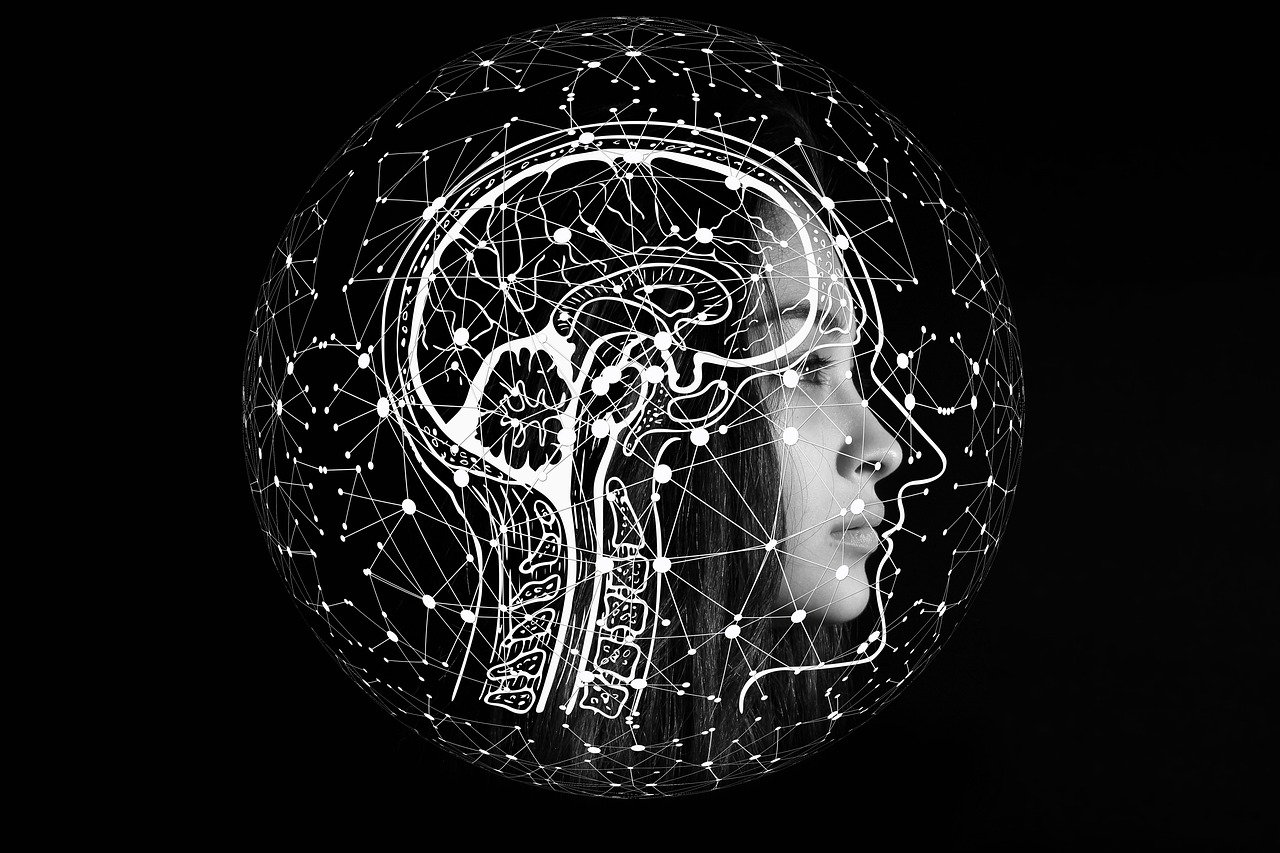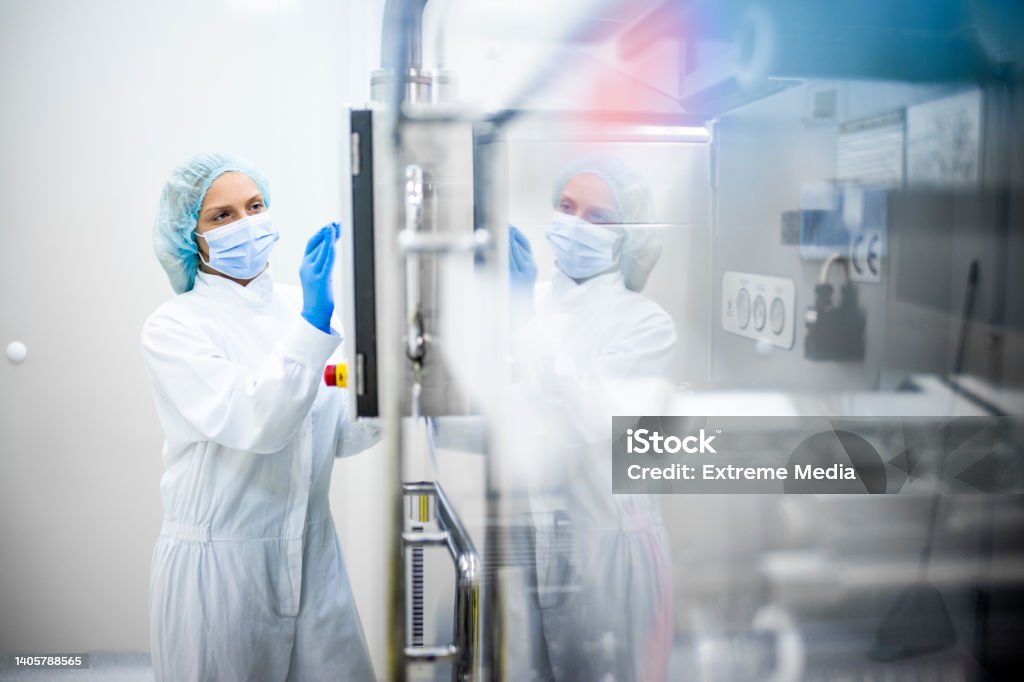Introduction
The medical industry is undergoing a revolutionary shift, thanks to Artificial Intelligence (AI). By 2025, AI is expected to enhance diagnostics, drug discovery, robotic surgeries, and personalized medicine, making healthcare more efficient and accessible. This article explores the latest AI-driven advancements, their impact on patient care, and the challenges that come with this technological evolution.

1. AI in Medical Diagnostics: Faster and More Accurate Detection
One of the most significant impacts of AI in healthcare is in medical diagnostics. AI-powered tools, such as deep learning algorithms, can analyze medical images (X-rays, MRIs, CT scans) with higher accuracy than human doctors.
- Early Disease Detection: AI models can identify early signs of cancer, Alzheimer’s, and heart disease before symptoms appear.
- Reducing Human Error: AI minimizes misdiagnosis, ensuring patients receive the right treatment faster.
- Example: Google’s DeepMind AI can detect eye diseases from retinal scans with 94% accuracy.
Transition: While diagnostics benefit immensely, AI is also reshaping treatment plans and drug development.
2. AI in Personalized Medicine: Tailored Treatments for Patients
Personalized medicine is another area where AI is transforming healthcare in 2025. By analyzing genetic data, lifestyle factors, and medical history, AI helps doctors create customized treatment plans.
- Genomic Analysis: AI speeds up DNA sequencing, helping identify genetic disorders and optimal drug responses.
- Predictive Analytics: AI predicts patient responses to treatments, reducing trial-and-error in prescriptions.
- Example: IBM’s Watson for Oncology suggests personalized cancer treatments based on patient data.
Transition: Beyond diagnostics and treatment, AI is also improving surgical precision.
3. AI in Robotic Surgery: Precision and Efficiency
Robotic-assisted surgeries are becoming more common, with AI enhancing precision, reducing recovery time, and minimizing complications.
- Real-Time Assistance: AI guides surgeons during complex procedures, reducing risks.
- Minimally Invasive Surgeries: Robots perform micro-surgeries with higher accuracy than human hands.
- Example: The da Vinci Surgical System uses AI to assist in prostatectomies and heart surgeries.
Transition: Another critical application of AI is in drug discovery and development.https://apku.online/how-artificial-intelligence-is-transforming-the-medical-industry-in-2025/
4. AI in Drug Discovery: Accelerating New Treatments
Developing new drugs is time-consuming and expensive, but AI is changing that.
- Faster Research: AI analyzes millions of chemical compounds to find potential drugs.
- Reduced Costs: AI cuts drug development costs by 30-50%.
- Example: Insilico Medicine used AI to design a new drug for fibrosis in just 18 months.
Transition: While AI offers numerous benefits, it also raises ethical and regulatory concerns.
5. Challenges and Ethical Concerns of AI in Healthcare
Despite its advantages, AI in healthcare faces challenges:
- Data Privacy: Protecting patient data from breaches is critical.
- Bias in AI Models: If trained on limited datasets, AI can produce biased results.
- Regulatory Hurdles: Governments must establish AI healthcare regulations to ensure safety.
Transition: Looking ahead, the future of AI in medicine is promising but requires careful management.
6. The Future of AI in Healthcare (Beyond 2025)
By 2030, AI could lead to:
✅ Fully automated diagnostics
✅ AI-powered virtual doctors
✅ Real-time health monitoring via wearables
Conclusion
Artificial Intelligence is transforming the medical industry in 2025 by improving diagnostics, personalized treatments, robotic surgeries, and drug discovery. However, challenges like data privacy, bias, and regulations must be addressed. As AI evolves, it will revolutionize patient care, making healthcare faster, cheaper, and more accurate.
